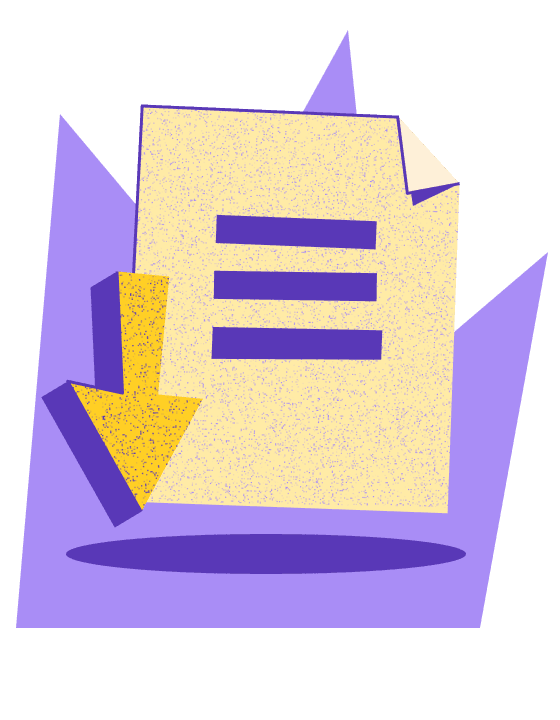Global Work Glossary
- Results for "undefined"
Table of Contents
How long should a probationary period last?
Benefits of probationary periods
Disadvantages of probationary periods
How should you manage employees during probationary periods?
What is a probationary period
A probationary period is a specific length of time in which a company tests new employees to determine if they are a good fit for the business.
Probationary periods are present in many workplace cultures because they create an opportunity for organizations to hire with confidence.
During a probationary period, employees may be exempt from some contractual elements of the new position they are performing. This could include, for example, a notice period for termination. It enables the employee to determine if they like the company, work culture, and work environment.
A probation period also enables companies to make decisions about the employee’s long-term position within the business. Depending on the region’s laws, terminating an employee during a probation period may be easier for an employer.
HR teams typically must document the details of probationary periods in advance of hiring the employee and inform the employee of this initial period. HR professionals may use probationary periods if their country allows them. Some countries, such as Belgium and Chile, do not allow probationary periods.
How long should a probationary period last?
Probation typically lasts from three to six months, starting on the first day of the worker’s employment. In companies where employee turnover is high, probationary periods may be as short as 30 days.
The length of a probationary period depends on the company’s goals and expectations, as well as any legal requirements within the country or region.
Longer probation may be beneficial for companies that recognize the position requires ample initial training. A shorter period may be beneficial if the incoming employee won’t need as much training for their role.

Benefits of probationary periods
Including probation periods in employee contracts is beneficial for both employers and employees.
- Employers can determine suitability: Probationary periods enable managers to gauge employee performance early on, minimizing the amount of time put into new recruits that may not fit the role. It’s also an opportunity to identify potential high performers or key contributors
- Companies can avoid financial loss from bad hires: Hiring an employee that doesn’t have the efficiency or skills required to do their job can cost a company between 1.5 and 3.5 times the employee’s annual salary. Probation periods allow employers to identify bad hires and terminate their employment before losing a significant amount of money
- Employees have a chance to be noticed: Employees can prove themselves by showcasing their skills during probation and start their employment experience off positively
Disadvantages of probationary periods
Companies may experience the negative effects of probationary periods if they don’t prepare for the process.
- Negative employee experiences: Some employees may not feel valued or trusted when placed under a probationary period. Hiring managers and onboarding teams must communicate that probationary periods are standard practice within the company. They must also emphasize that probationary periods are a trial period for both the employer and the employee to determine if it’s the right fit
- Legal risks: There could be legal risks if probationary periods are not conducted fairly. Refer to local employment laws, include the terms of the process in the employee handbook, and explain the process during the recruitment stage

How should you manage employees during probationary periods?
Managing a new employee during a probationary period requires clear communication, support, and goal-setting.
- Ensure new hires are set up with the correct tools, workplace equipment, software, access controls, and training
- Match the new hire with a buddy on their team to help them through the onboarding experience
- Host regular check-in meetings to monitor their progress, identify blockers, and answer their questions
- Determine your performance management strategy—what are your key performance indicators for this role, and how will you measure success?
